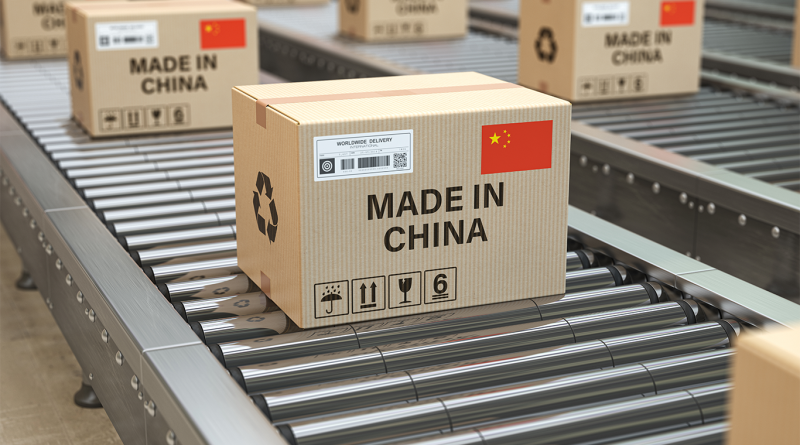How China’s Factory Slowdown Affects the US and EU Markets
The recent economic developments in China have raised concerns globally, particularly with the latest reports highlighting a significant slowdown in the country’s manufacturing sector. The Purchasing Managers’ Index (PMI) has shown a marked decline, alongside a decrease in new export orders. This slowdown not only affects China’s economy but also has far-reaching implications for global trade, especially impacting the European Union (EU) and United States (US) markets, including the burgeoning electric vehicle (EV) industry. Understanding these dynamics is crucial for stakeholders across various sectors.
Analysis of China’s Manufacturing Slowdown
The reasons behind China’s factory slowdown are multifaceted. Internally, the country is grappling with stringent economic policies aimed at controlling debt and regulating various industries. Externally, the global economic environment remains challenging, with reduced demand from major trading partners exacerbating the situation.
Recent PMI reports provide a clear picture of this downturn. For instance, the latest figures from the China Federation of Logistics and Purchasing indicate that the PMI remained at 49.5 in June, the same as in May. This marks a continued contraction as it is below the 50 mark, which signifies expansion. The steady yet subdued growth reflects underlying economic challenges that need to be addressed.
Examination of How the Slowdown in China’s Manufacturing Sector Affects International Markets
The ripple effects of China’s manufacturing slowdown are being felt across international markets. The EU and US, major trading partners of China, are experiencing disruptions in their supply chains, leading to delays and increased costs. The impact on trade volumes is significant, with many industries struggling to find alternative suppliers or facing increased prices for raw materials and components.
A specific area of concern is the electric vehicle (EV) industry, where tariffs and trade tensions add another layer of complexity. The imposition of tariffs on Chinese EV components has led to increased costs for manufacturers in the EU and US, potentially slowing the adoption of EV technology and hindering progress towards sustainability goals.
Projections on the Long-Term Effects of China’s Manufacturing Slowdown
Experts offer varied opinions on the long-term effects of China’s manufacturing slowdown. Some economists predict a prolonged period of adjustment, with potential policy changes needed to stimulate recovery. Interviews with industry experts highlight the importance of strategic planning and diversification to mitigate the risks associated with such economic slowdowns.
Predictions for recovery vary, with some suggesting short-term pain but long-term gain if China implements effective economic reforms. Others caution that without significant policy shifts, the manufacturing sector could face sustained challenges, affecting global economic stability.
Looking ahead, the potential for recovery hinges on effective policy responses both within China and globally. Stakeholders must remain vigilant and adaptable, navigating the uncertain landscape with strategic foresight. The future of global trade and economic stability will depend on how these challenges are addressed in the coming months and years.
Sources:
- Fortune Article on China’s Factory Slowdown
- Bloomberg – China’s Manufacturing PMI Drops
- Financial Times – Export Orders Decline in China
- The Economist – China’s Economic Slowdown and Global Implications
